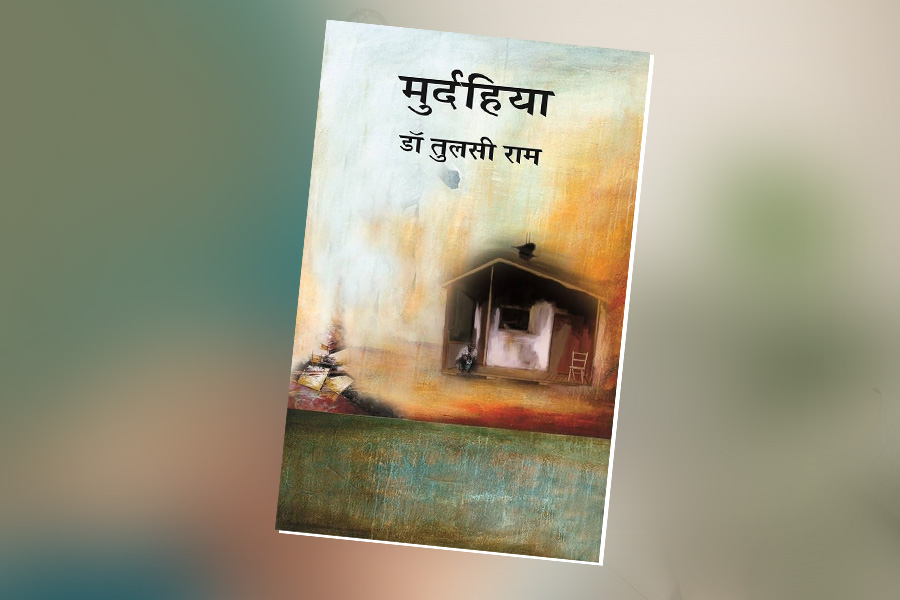
Through a critical analysis, this book chapter examines the ways in which Murdahiya challenges conventional narratives and redefines the boundaries of personal and social existence, making a significant contribution to contemporary understandings of caste and its impact on individual lives.
Author
Shivani Kapoor, Associate Professor, Jindal School of Language and Literature, O.P. Jindal Global University, Sonipat, India.
Summary
This book chapter offers a nuanced analysis of the 18th-century Hindi text Murdahiya by Tulsi Ram, using a critical lens that intersects caste, the body, and the concept of time. Kapoor explores how Murdahiya challenges the traditional narratives of caste hierarchies and the constraints imposed by the body, while simultaneously providing a critique of how these systems impact the individual over time.
Kapoor’s analysis begins with an exploration of how caste operates as a central motif within the narrative of Murdahiya. The text, set in a socio-cultural environment steeped in rigid caste distinctions, portrays the struggles of individuals caught within these structures. Kapoor argues that Tulsi Ram’s work offers a critical interrogation of caste as not just a social hierarchy but as a powerful force that shapes individual identity and destiny. Through the characters and their experiences, the text exposes the pervasive effects of caste on one’s agency and freedom.
Kapoor’s critical study provides a rich, layered reading of Murdahiya, situating it within broader discussions of caste theory, postcolonial studies, and critical theory. The work serves as a significant intervention into the study of Hindi literature and the ways in which social structures shape human experience. Kapoor’s interpretation of Murdahiya offers a compelling argument for the potential of literature to expose, question, and challenge entrenched social systems, while also suggesting the transformative power of reimagining one’s existence within such a framework.
Through her detailed analysis of caste, body, and time, Kapoor provides a valuable perspective on how Murdahiya not only critiques societal norms but also offers avenues for subverting them, allowing for a “rewriting” of life that opens up possibilities for both individual and collective liberation.
Published in: Textual Lives of Caste Across the Ages: Hierarchy, Humanity and Equality in Indian History, Bloomsbury Publishing Plc.
To read the full article, please click here.

